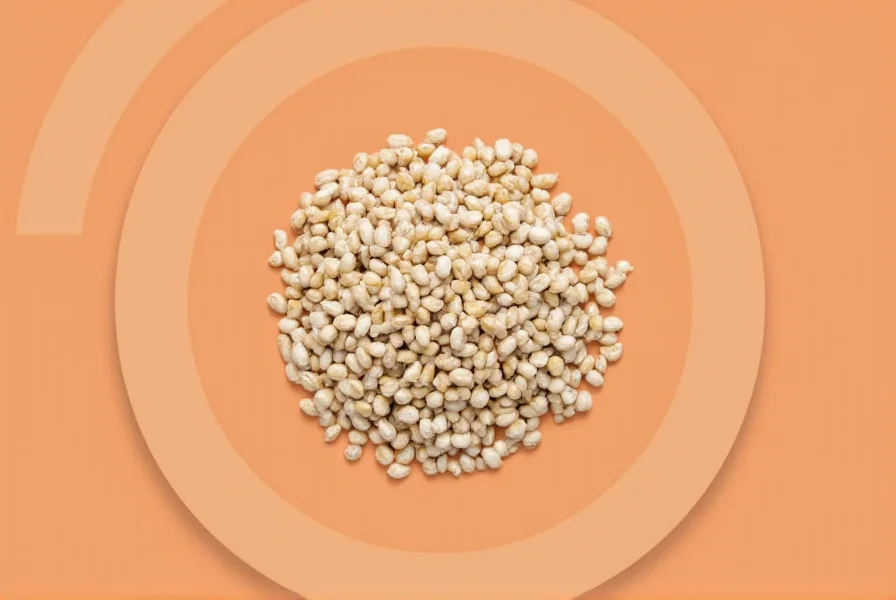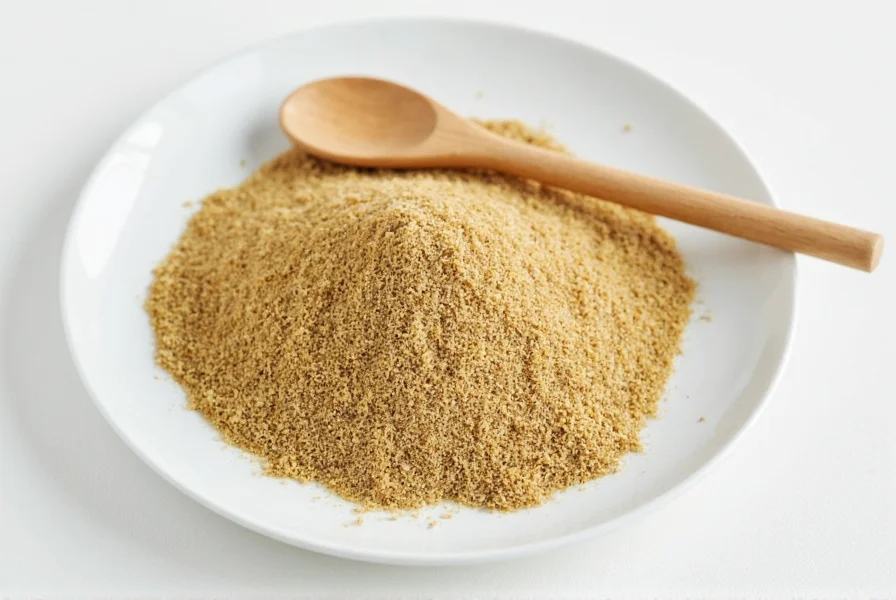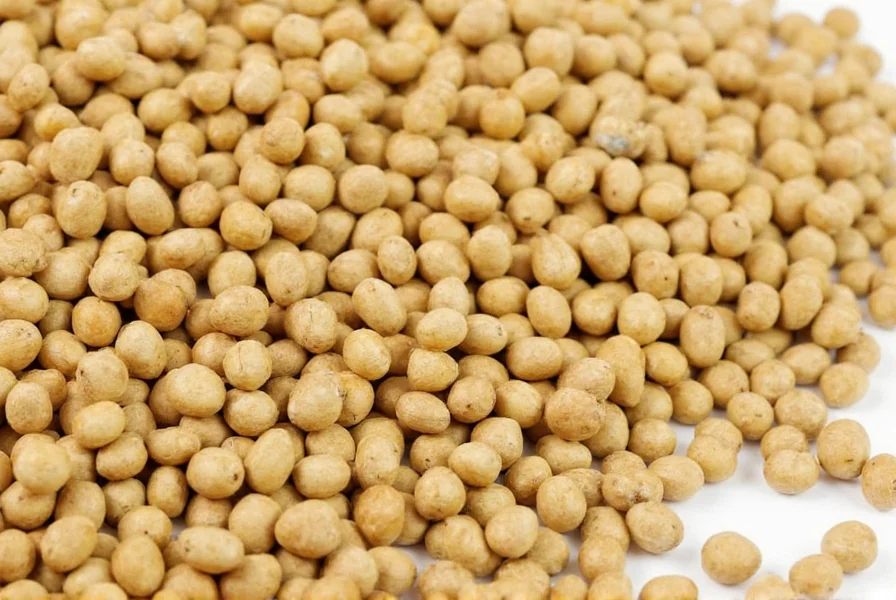Fenugreek (Trigonella foenum-graecum), a plant with culinary and medicinal uses dating back centuries, has gained attention in men's health discussions. This legume's seeds contain bioactive compounds like fenuside and protodioscin that may influence hormonal pathways. For men specifically researching natural approaches to support vitality, understanding what science actually says about fenugreek is crucial.
How Fenugreek Works in the Male Body
Fenugreek contains saponins, particularly protodioscin, which may influence testosterone production through several mechanisms. Research suggests these compounds could stimulate luteinizing hormone release from the pituitary gland, which then signals the testes to produce more testosterone. Additionally, fenugreek may inhibit enzymes that convert testosterone to dihydrotestosterone (DHT) or estrogen, potentially maintaining higher free testosterone levels.
A 2017 study published in Phytotherapy Research examined 50 men aged 25-52 taking 500mg of fenugreek extract daily for 12 weeks. Researchers found significant improvements in serum testosterone levels compared to placebo, with participants showing an average increase of 14.2% in total testosterone and 28.8% in free testosterone.

Evidence-Based Benefits for Men's Health
Current research indicates several potential benefits of fenugreek for men, though results vary across studies:
| Benefit Area | Research Findings | Evidence Strength |
|---|---|---|
| Testosterone Support | Multiple studies show modest increases in total and free testosterone | Moderate (6-12 week studies) |
| Sexual Function | Improved libido, sexual arousal, and satisfaction in clinical trials | Moderate to Strong |
| Exercise Performance | Limited evidence for increased strength and muscle endurance | Preliminary |
| Hair Health | Anecdotal reports for reducing hair loss; minimal clinical evidence | Weak |
What Fenugreek Doesn't Do for Men
Despite popular claims, fenugreek isn't a miracle solution. Scientific evidence doesn't support that it:
- Significantly increases muscle mass like anabolic steroids
- Provides immediate sexual performance enhancement like prescription medications
- Reverses age-related testosterone decline completely
- Prevents or cures medical conditions like hypogonadism
A comprehensive 2020 review in Nutrients concluded that while fenugreek shows promise for supporting male sexual health and maintaining normal testosterone levels, effects are generally modest and vary between individuals. The researchers emphasized that fenugreek should be viewed as a complementary approach rather than a replacement for medical treatment when needed.
Safety Profile and Potential Side Effects
Fenugreek is generally well-tolerated by most men at standard doses (typically 500-600mg of standardized extract daily). However, some potential side effects include:
- Mild digestive issues (gas, bloating, diarrhea)
- Maple syrup-like body odor (due to sotolone compound)
- Rare allergic reactions, particularly in those sensitive to legumes
- Potential blood sugar lowering effects (caution for diabetics)
Men with hormone-sensitive conditions, those taking diabetes medications, or individuals scheduled for surgery should consult healthcare providers before using fenugreek supplements. Pregnant women should avoid fenugreek due to potential uterine stimulation effects.

Choosing and Using Fenugreek Effectively
For men considering fenugreek, understanding proper usage makes a difference. Research suggests:
- Look for standardized extracts containing 50% furostanol saponins
- Effective doses in studies typically range from 500-1000mg daily
- Consistent use for 4-12 weeks is generally needed to notice effects
- Divided doses (morning and evening) may provide more stable effects
Unlike pharmaceutical interventions, fenugreek works gradually by supporting the body's natural processes. Men reporting benefits typically notice improvements in energy, mood, and sexual desire after several weeks of consistent use rather than immediate effects.
When to Consult a Healthcare Professional
While fenugreek shows promise as a natural supplement for men's health, it's not appropriate for everyone. Consult a healthcare provider if you:
- Experience symptoms of clinically low testosterone (persistent fatigue, depression, loss of muscle mass)
- Have underlying health conditions like prostate issues or diabetes
- Are taking medications that could interact with fenugreek
- Don't notice improvements after 12 weeks of proper use
Professional medical guidance ensures you address the root cause of health concerns rather than relying solely on supplements that may only provide partial support.











 浙公网安备
33010002000092号
浙公网安备
33010002000092号 浙B2-20120091-4
浙B2-20120091-4